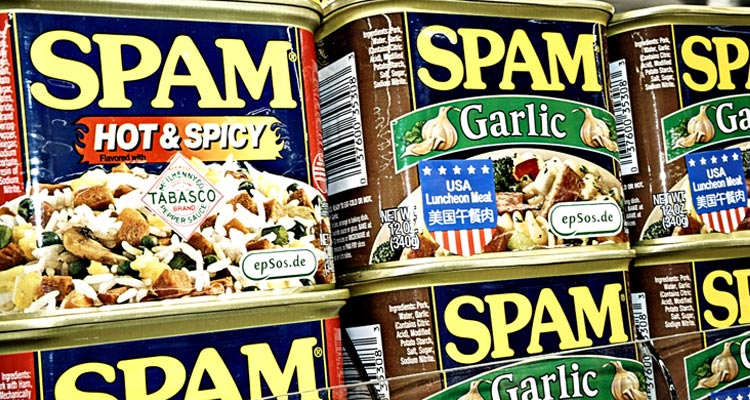I hope it has filtered through by now that you should never, NEVER, respond to spam! Don’t even click on a link in a spam email, it may bring you to a site that looks innocent enough but downloads, without you knowing, spyware, malware, nasty stuff you don’t want on your computer (it could lead to identity-theft and more).
It boggles my mind when I hear how often people get taken with blatant, not even well disguised internet scams. Some scams do look legit. If you heed the advice above, to NEVER respond to any spam email, you don’t have to worry. But especially make sure that you NEVER believe that a legitimate financial institution would ever ask you for your access password or credit card number, or debit card pin number, via an unsolicited email, even if a legitimate looking logo decorates the page.
You don’t have to be paranoid, just use your head, your common sense. If you are tempted to follow up on any unsolicited spam email, then double- and triple-check the background of the senders, the product, the service, the miracle that is promised, before you go on a ‘clicking trip’. One of many good sources to do that with is Scam Busters. Or use the search words: ‘internet scams’ in your search bar and you can read up on it for weeks.
Check out some of the practical things you can do to not become a spam magnet.

